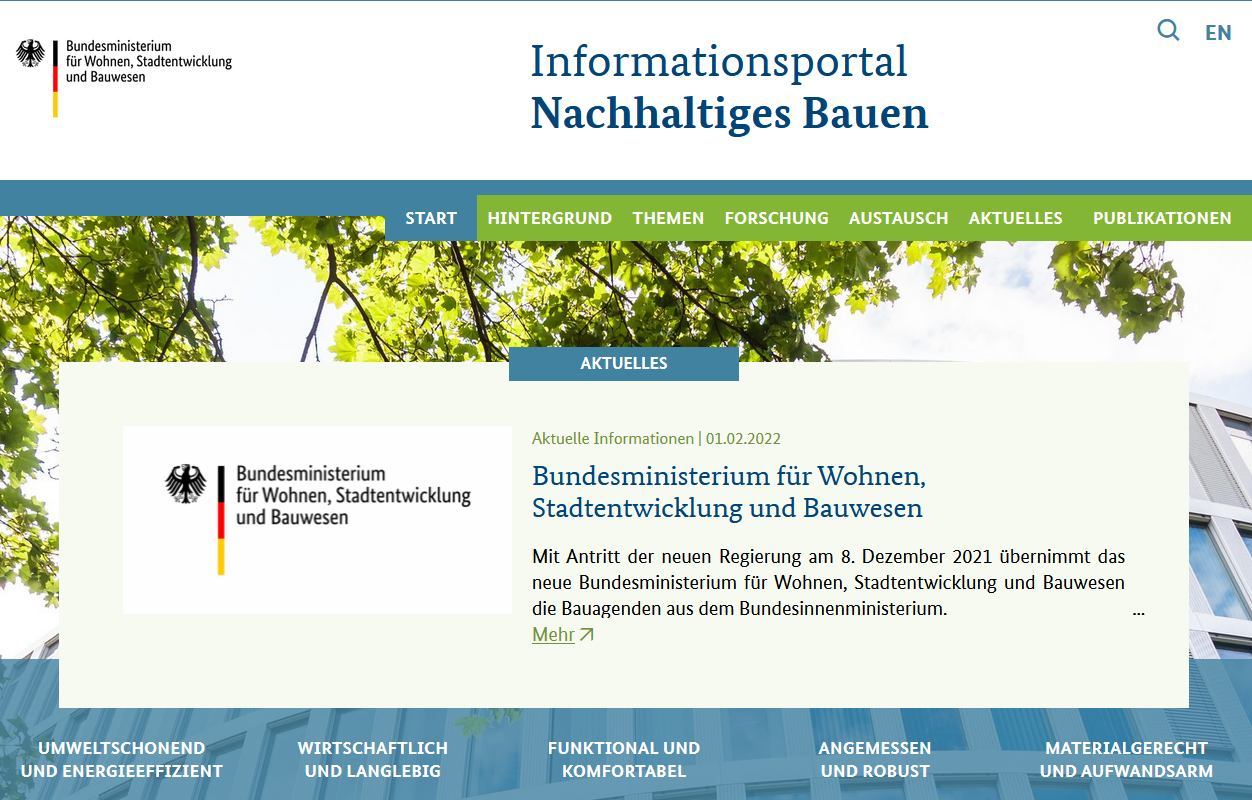Guide to sustainable building
Living
Sustainable construction is becoming increasingly important in order to meet challenges such as climate change, resource scarcity and environmental pollution. Our supporting member vreed has published a guide for future-oriented construction projects on its blog.
This guide highlights the following key points:
- Planning and design: sustainable projects start with good site selection, energy efficient design, optimal orientation, insulation and natural ventilation systems.
- Material selection: Environmentally friendly materials such as recycled or renewable raw materials and locally available resources reduce CO₂ emissions.
- Energy and water: Renewable energies and efficient water management such as rainwater harvesting and gray water recycling are key aspects.
- Indoor climate and health: Low-pollutant materials, good air quality and natural lighting improve well-being.
- Life cycle and deconstruction: Durability, low life cycle costs and environmentally friendly deconstruction are key factors for sustainable construction.
The aim is to create ecologically, economically and socially responsible buildings.
You can find the complete guide here: https://vreed.de/2024/08/19/nachhaltiges-bauen-ein-leitfaden-fuer-zukunftsorientierte-bauprojekte/
More in-depth information can be found at the Federal Ministry of Housing, Urban Development and Building - on their "Sustainable Building" portal. The clear requirement here too: Coordinate and define goals at an early stage. Reference is also made to requirements planning and the choice of location, but also considerations regarding the flexibility of the room layout through to the selection of building materials. Apart from the individual objectives mentioned, sustainability also involves weighing up possible conflicts of objectives.
Image sources: Squirrel_photos from Pixabay / Screenshot of the Sustainable Building Information Portal of the Federal Ministry of Housing, Urban Development and Building


